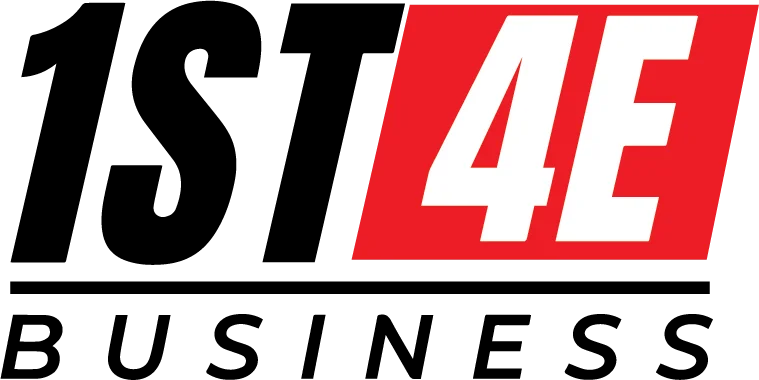Iran’s Islamic Revolutionary Guard Corps (IRGC) has offered to store Iran’s enriched uranium underground as an act of transparency and national security; with one caveat: none of it can leave Iranian territory under any circumstances.
Iranian state media and senior officials confirmed this proposal made by Iran’s Islamic Revolutionary Guard Corps (IRGC), as reported by state media and confirmed by senior officials, comes amid stalled negotiations between Tehran and world powers regarding Iran’s nuclear program. Many see this proposal both as an act of compromise as well as a bold stand-in to assert Tehran’s sovereign control of its nuclear program.
General Ahmad Vahidi, a senior Islamic Revolutionary Guard Corps (IRGC) official and former defense minister, stated in a press briefing on Saturday that this plan would ensure Iran’s enriched uranium stockpiles remain secure while at the same time addressing international concerns.
“We are prepared to store our enriched uranium in fortified underground facilities under the supervision of Iranian authorities and, if necessary, under international oversight,” Vahidi announced. However, any quantity shipped outside Iran would violate national sovereignty and thus would never leave Iran’s soil.
The Iranian Revolutionary Guard Corps’ proposal forms part of what they term their “defensive transparency initiative” — an effort to reduce tensions and restore diplomatic momentum while safeguarding core strategic interests. Iran has developed extensive underground nuclear and military infrastructure over recent years at Fordow and Natanz – two locations often mentioned by Western intelligence reports.
International analysts and nuclear experts speculate that Iran’s proposal could aim at creating an alternative to uranium export deals being discussed as part of negotiations to revive the 2015 Joint Comprehensive Plan of Action (JCPOA). Iran agreed under JCPOA to limit enrichment to 3.67% and send excess material overseas — mainly to Russia – in exchange for reduced stockpile levels and stockpile reduction measures.
Since President Donald Trump withdrew from the deal and reinstated strict sanctions in 2018, Iran has gradually increased its nuclear activities by enriching uranium to 60% purity, inching closer to weapons-grade levels and ramping up nuclear activities.
IRGC’s offer coincides with growing dissatisfaction from Iranian leaders who blame the West, particularly the United States, for failing to present realistic terms for a new deal.
Vahidi noted, “we have witnessed enough broken promises.” If inspections were desired, she was willing to engage; however if control were sought instead of inspections. The answer in such instances is no.
Reactions to Iran’s offer have been mixed; hardliners in Tehran laud it as a wise compromise that maintains Iran’s dignity, while reformists caution it may fall short of satisfying international community’s primary demand: decreasing stockpiles of enriched uranium.
Washington’s State Department provided a cautious response, noting that any meaningful proposal must include real limitations on enrichment and material stockpiles irrespective of where they’re stored.
Israel, Iran’s fierce regional foe, quickly rejected this offer from Tehran. A spokesperson from Israel’s Prime Minister’s Office stated: “Storing highly enriched uranium underground makes monitoring more difficult, not easier – thus contributing to an Iranian breakout capability rather than de-escalation.
As diplomatic efforts stall and pressure mounts both domestically and externally, Iran’s latest move underscores its resolve to maintain control of its nuclear program within its borders – both literally and metaphorically.
“Whether this proposal opens new avenues of diplomacy or deepens existing divisions remains uncertain.”
